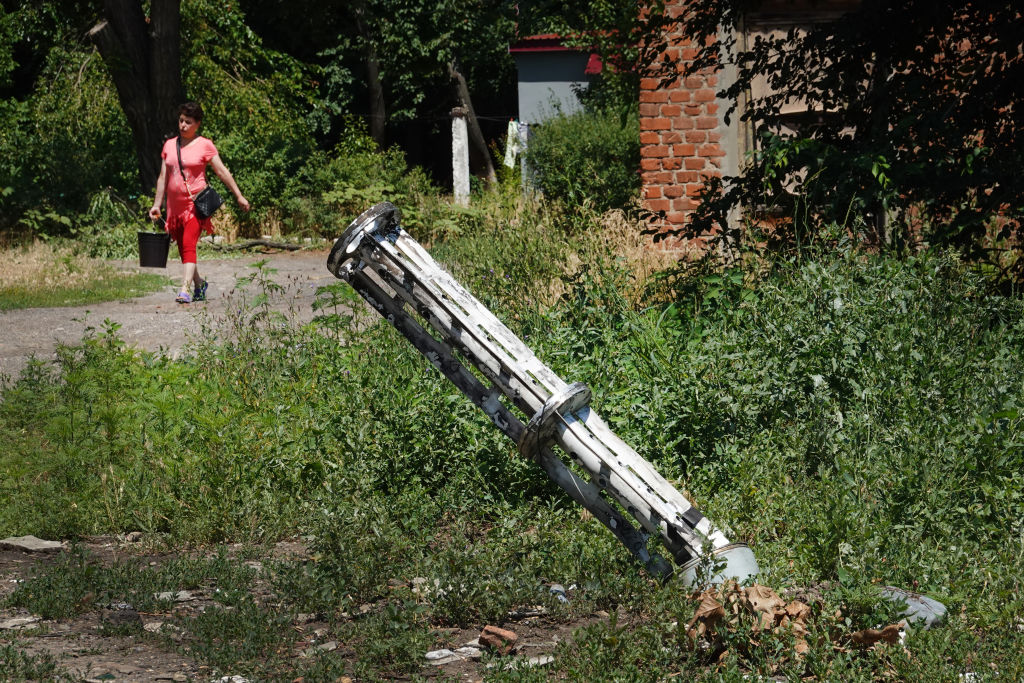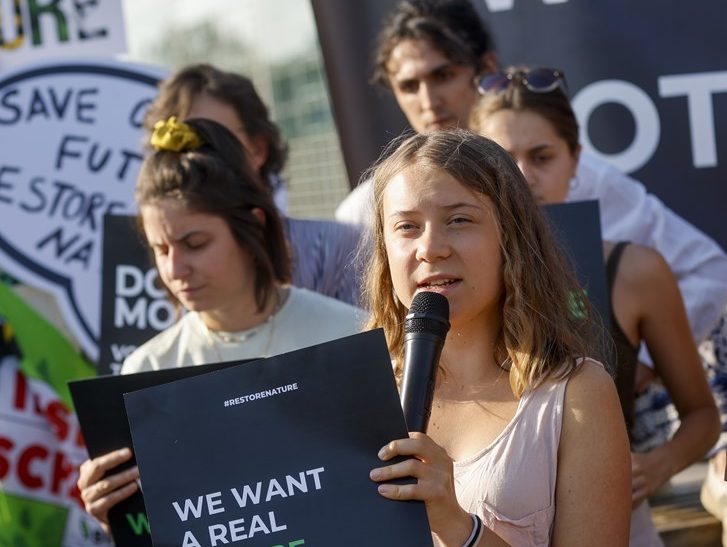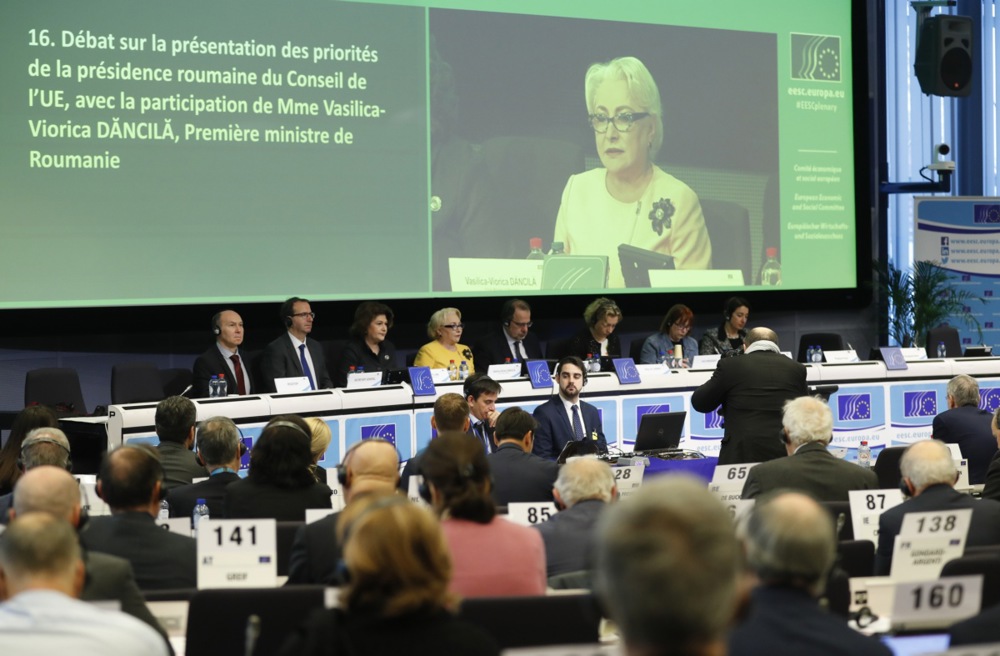An attempt by German-owned media outlet Politico Europe to link a number of populist parties operating within the European Union to “fascists” has been lambasted by MEPs.
Titled Springtime for Europe’s fascists, the Politico article focuses on the rise of Germany’s Alternative für Deutschland (AfD) party while repeatedly making reference to historical fascism and Nazism.
Speaking to Brussels Signal, AfD MEP Markus Buchheit firmly rejected apparent efforts by the publication to link his party to the right-wing authoritarian ideology before pushing back against what he called increasing authoritarian trends expressed by Europe’s political elite.
“Fascists are those who want to close down free speech and shout down elitist divergent opinions,” he said.
“Fascism is state-mandated lockdown preventing people going to work and seeing their family, as we saw during the Covid period. And those advocating open borders to unlimited numbers of unvetted males clearly wish to destroy the liberty and security of our country.”
Buchheit added that it was now Europe’s left-wing operators who deserved the label “fascist”, accusing them of having become “pro-war, state authoritarian, anti-free speech fanatics”.
Centre-left President of Germany Frank-Walter Steinmeier has warned the country’s citizens not to vote for the Alternative für Deutschland (AfD) party, describing it as a threat to democracy. https://t.co/X0op2nLc5o
— Brussels Signal (@brusselssignal) August 11, 2023
Officials within AfD were not the only ones angered by the article, with the report referencing a number of different populist groups throughout the EU.
Members of one of the more successful parties brought up in the article, Belgium’s Vlaams Belang, berated Politico‘s description of the group as being “far-right”.
The Flemish nationalists took particular issue with such a description being linked to them considering the fact that the article appeared to be about “fascists” in Europe.
“Vlaams Belang is a nationalist conservative and freedom-loving party that wants to bring change to Belgium and Europe,” party MEP Tom Vandendriessche told Brussels Signal.
Like Buchheit, Vandendriessche emphasised that his party was keen on rejecting mass immigration and supporting “positive cooperation” between free nations.
“Whoever calls that fascism actually admits to having no arguments,” he said.
One of the few elements of the article not challenged by populist politicians was its reasoning for the seismic rise of right-leaning support throughout Europe.
According to Politico, repeated failures by mainstream parties on issues such as crime, the economy and immigration have seen more and more people shift their support to populist groups.
Buchheit went one step further, arguing that the actions of the political establishment – especially regarding its support for open borders and the EU’s “green” agenda – have been central to the AfD’s success.
“The climate-alarmist lobby are herding voters in our direction every day,” he said, accusing Germany’s ruling parties of “engendering poverty” by supporting carbon taxes and the use of “insecure sources of energy” in service of emissions targets.
Vlaams Belang, currently the most popular party in Belgium, has accused the country’s ruling coalition of agreeing to the Pact without first consulting the general populace. https://t.co/rilUrTormk
— Brussels Signal (@brusselssignal) August 16, 2023





